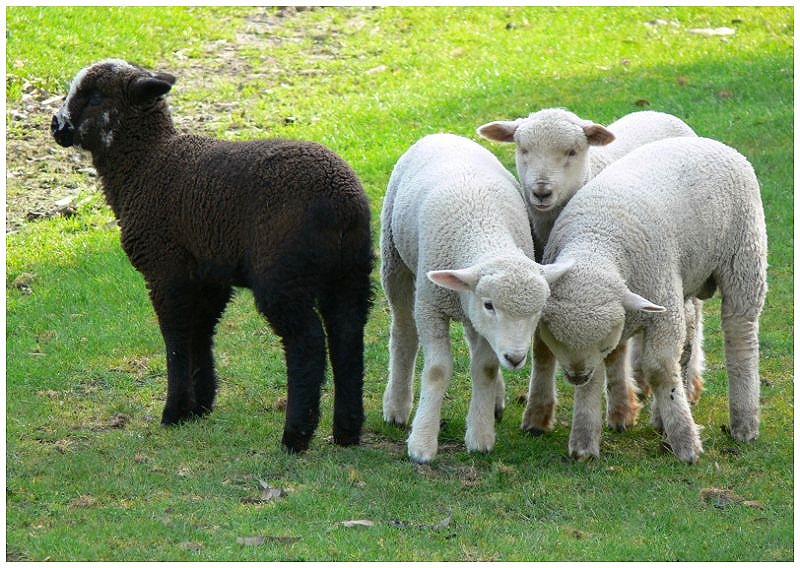


They could choose among insecure and confident men and women. In one series of studies, Rudman asked participants to pick teammates for a round of computerized Jeopardy. When women do slip outside the lines and behave assertively, other women are sometimes the ones who blast them for it.

So how could this concept apply to women in competitive environments? Laurie Rudman, a professor of psychology at Rutgers, researched the matter, as described in a 2017 Atlantic report: the black sheep effect is explained by social identity theory: People respond negatively to those who act in ways that threaten their group’s identity, particularly when they affiliate strongly with their group.” This dynamic can sometimes be characterized as the “ black sheep effect.”Īccording to the American Psychological Association, the black sheep effect is “the tendency to evaluate a disreputable or disliked person more negatively when that person is a member of one’s own group rather than of some other group. The same issue - people with similar identities, values, or goals treating each other with more harshness than members of other groups - occurs in other arenas of life, too, such as American politics and social media threads. Have a term you want us to explain? Let us know.ĭespite many advances toward gender equality in recent centuries, the social phenomenon of women tearing each other down in competitive male-dominated settings persists. Speak like an insider! Welcome to Snopes-tionary, where we’ll define a term or piece of fact-checking lingo that we use on the Snopes team.


 0 kommentar(er)
0 kommentar(er)
